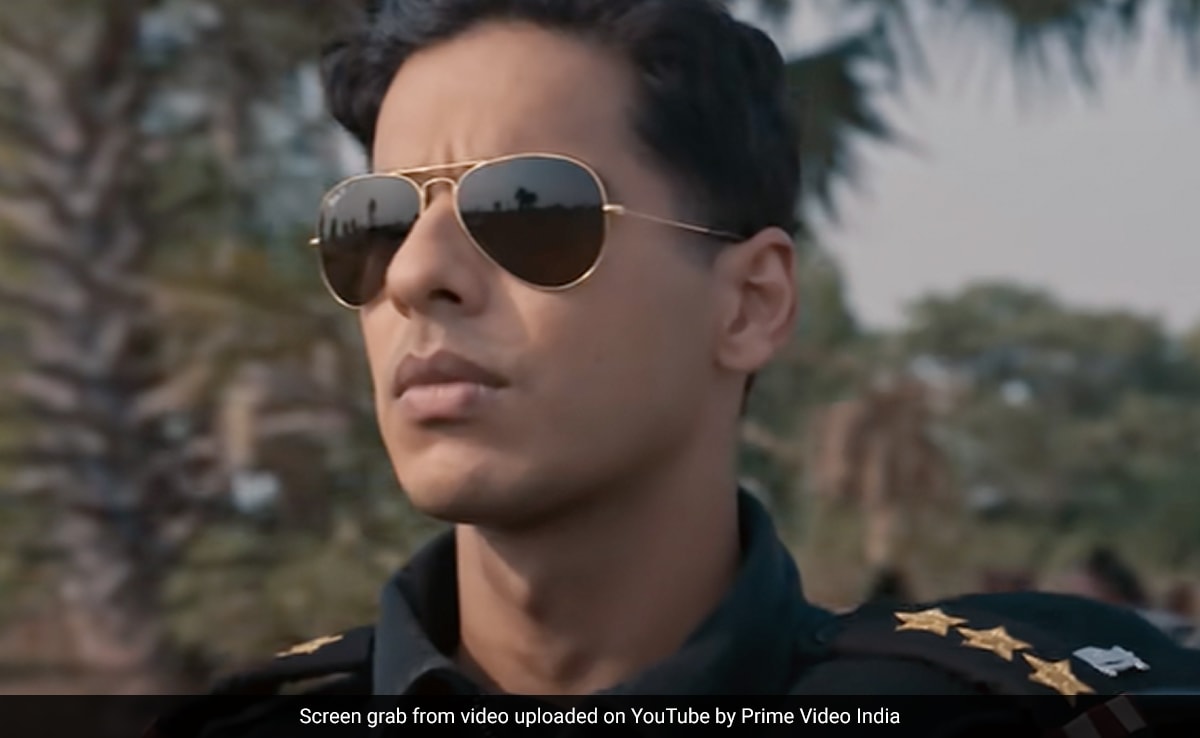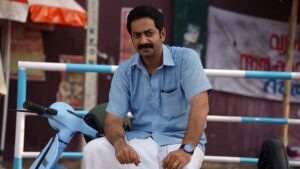A portrait of battlefield valor without shallow bravado and bluster

Here’s finally a war movie that clears up many of the tropes that Bollywood often employs to the detriment of the genre. PippaDirected by Raja Krishna Menon, firmly presents the action in the realm of believability and stages it around soldiers and revolutionaries who look and sound real.
The film takes time to heat up. Once it does, it provides a portrait of battlefield heroism that eschews shallow bravado and bluster. The fighting men are all heroes but not oblivious to personal challenges, doubts and dilemmas as they sink into their missions.
PippaRonnie Screwwall’s RSVP and produced by Siddharth Roy Kapur’s Roy Kapur Films, puts a just cause and the people fighting for it front and center. The story it tells is more about palpable humanity than palpable patriotism.
To be sure, that’s not everything Pippa The effort comes off. But it strikes a chord with its poised composure as it deals with violence, courage and death. The battle scenes, staged in a no-holds-barred manner, are central to the narrative but they are not the only thing in the film.
Centered around the landmark Battle of Garibpur in November 1971 and helmed by Ishaan Khattar, the Amazon Prime Video film never loses sight of the human side of the action. It’s about three siblings – two temperamentally different army boys and their spirited sister, a Delhi University student activist, who are recruited by India’s spy agency to intercept and decipher secret wartime messages.
The film opens with a voiceover introduction by the protagonist, real-life war hero Captain Balram “Balli” Singh. It clarifies the historical context of the 140-minute film, if somewhat rushed and simplistically done. But once the initial hiccups are over, Pippa Perks up appreciably. It zeroes in on a young soldier’s search for release amid the heat, dust and wages of war.
Perrochit Balli is the twentysomething version of the brigadier whose book (The Burning Chaffis) the film was adapted from by screenwriters Ravindra Randhawa, Tanmoy Mohan and director. There is considerable drama involved PippaBut it’s not like chest palpitations.
It talks about torture and acknowledges a situation where (to borrow an expression from the film itself) not fighting is not an option. The future of the chained people is at stake and the Indian army joins forces with the Mukti Bahini to stop the rampage of the West Pakistani forces.
Balli, son of a martyr and younger brother of 1965 war hero Ram Mehta (Priyanshu Painyali), faces an internal investigation for disobeying orders from a superior officer during a joint Indian-Russian military exercise. Despite repeated warnings from the commander, Major Daljit Singh Narag (Chandrachur Rai), he rides a newly-commissioned amphibious tank into the deep end of a lake.
The defiant captain is relegated to a desk job at army headquarters in Delhi even though there is no one in his squadron competent enough to handle a “pipa” (Punjabi for “a can of ghee”), named after the 45 Cavalry PT. 76 battle tanks.
His elder brother goes undercover and infiltrates East Pakistan with some Liberation Army fighters (if they get more play) while his sister Radha (Mrinal Thakur) indirectly finds her way into the war and assumes the role of a military intelligence code-breaker.
Pippa It has its share of imperfections, not the least of which is the way a rousing call-to-action song by Bengali “rebel poet” Kazi Nazrul Islam – Karar Oi Luho Kapat (Those Iron Gates of Kara) – has been reduced to it. What AR Rahman’s unsettling remix (no less!) does so well is a tone that’s anything but jingoistic.
The Indo-Pakistani war of 1971 aimed at the birth of a new nation. It was not so much directed at an enemy as it was against genocide perpetrated by a ruthless government. Spirits of bahaduri (courage) and fateh (victory) are invoked when necessary, but just as important to the narrative is the bond that soldiers fighting shoulder to shoulder form with each other. It’s about friendship.
Pippa What brings it out so strongly is that it underscores that humanity is what drew India – less than a quarter of a century old as a free country at the time – into conflict with the influx of tens of millions of refugees, despite the human and financial costs.
Pippa About siblings who quite literally jostle for their father’s boots. It’s about a family and an army thrown into someone else’s war because it’s the right thing to do.
As Bali worries about the pressure the nation faces as refugees flee Pakistan’s brutal Operation Searchlight, her mother (Soni Razdan), a war widow, reminds her that refugees are living, breathing people and displaced themselves.
The Indian war room consists of the then Prime Minister (played countless times by Flora Jacob), Field Marshal Sam Manekash (Kamal Sadnah) and a spy chief in the mold of RN Kao (Avijit Dutt). They call the shots and the film takes credit for it without having a song and dance to it, which the “ghar mein ghus ke marange” brand of Bollywood war films hate to do.
It is worth noting that both the film’s cinematographer and its editor are women – Priya Sheth and Hemanti Sarkar respectively. The duo has worked with Menon before. Part of the credit for sensitivity is that drive Pippa Probably because of the two main technicians, if not necessarily because of their gender. They give the film a tactile texture and a contemplative rhythm that sets it apart from run-of-the-mill military action.
Ishaan Khattar gives a solid account of himself as a soldier who enlists in a war that changed the map of the subcontinent forever. He is supported by Mrinal Tagore and Priyanshu Painuli. Chandrachur Rai, Anuj Singh Duhan (as a lieutenant) and Inamul Haq (as a Bangladeshi who takes orders from a Pakistani officer) are among others in the cast who were not left out as a result of the focus on the Mehta siblings.
Pippa Merit Applause This is a war film that refrains from a frontal assault on our senses and eardrums. That’s no mean feat.



